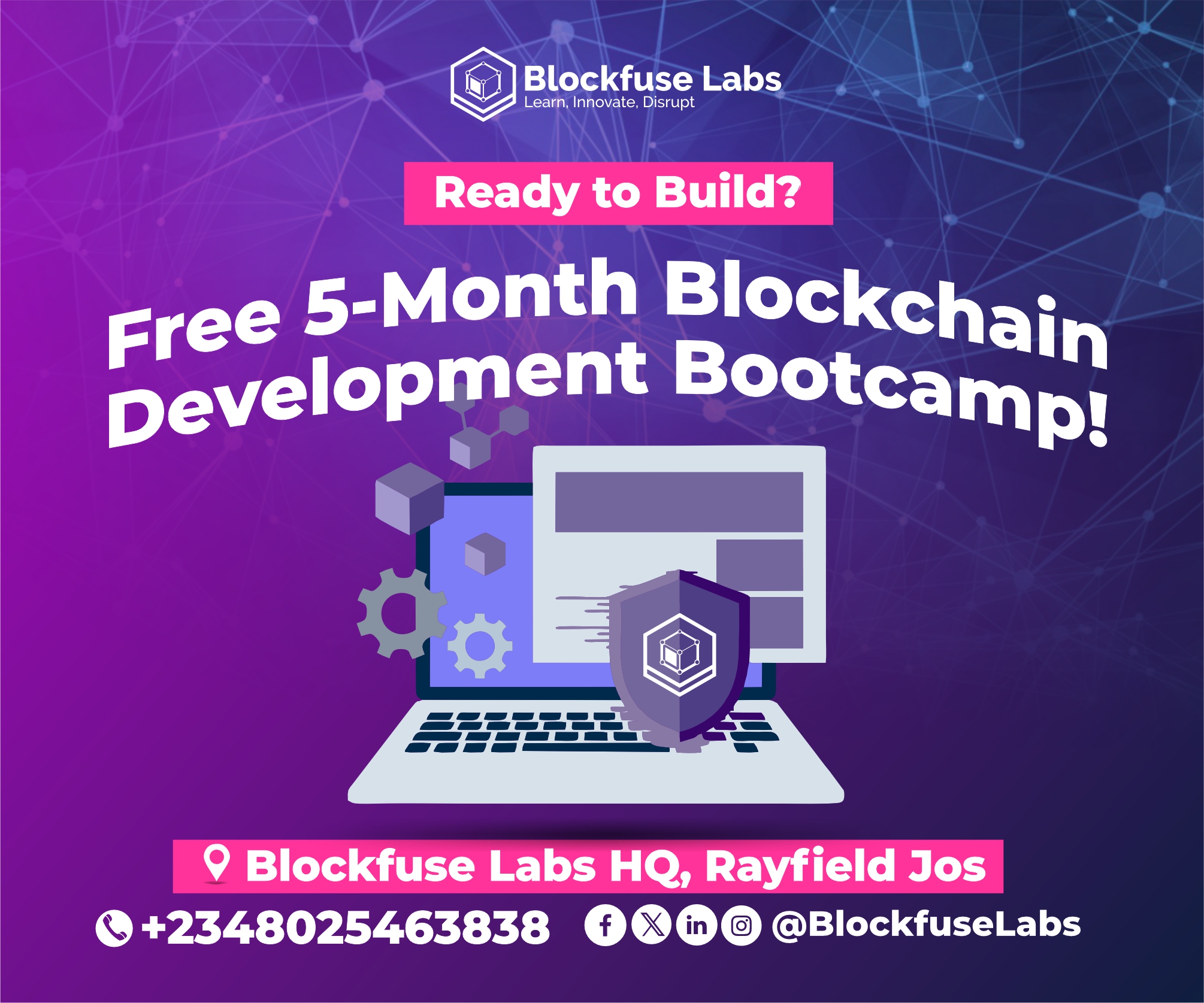By Nwakaego Alajemba
In pursuit of a new future in digital economy, Nigeria is refocusing its national development policy thrust on skills acquisition over certificate knowledge, Minister of Communications and Digital Economy, Dr Isa Ali Ibrahim Pantami, revealed this week in Abuja, at the launch of the Digital Nigeria Portal and Mobile App.
“We are championing a paradigm shift that lays emphasis on skills, in preference to merely having degrees without skills. Degrees are only meant to validate skills. This is a growing trend across the globe. For instance, China recently started the process of turning 600 of the country’s general universities into skill centres, the minister said at the launch designed to thicken the value proposition of the Digital Nigeria Programme that President Muhammadu Buhari unveiled earlier this year in March.
Pantami added: “Also, the President of the United States of America signed an Executive Order on the 26th of June 2020 directing the federal government lay emphasis on skills rather than degrees when hiring staff. The curriculum vitae of today should have 2 main parts- soft skills and hard skills.”
The Digital Nigeria Portal and Mobile App are part of the implementation of the National Digital Economy Policy and Strategy (NDEPS) for a Digital Nigeria, said the minister while thanking some of the partners of the initiative.
His words: “I am also very happy to welcome our partners- the African Development Bank (AfDB) and Microsoft, represented by Ebrima Faal, Senior Director, Nigeria Country Department, AfDB and Ghada Khalifa, Director for Middle East and Africa, Microsoft Philantropies, respectively.”
According to him, the development of the National Digital Economy is anchored on the following 8 pillars as stated in NDEPS: Developmental Regulation; Digital Literacy & Skills; Solid Infrastructure; Service Infrastructure; Digital Services Development & Promotion; Soft Infrastructure; Digital Society & Emerging Technologies; and Indigenous Content Development & Adoption.
Skill paramount to sustainable digital economy
Skill development is paramount to fostering a sustainable digital economy, and government remains committed to championing digital skill buildup as the bases for national development, said the minister.
His words: The digital literacy and skills pillar recognises the fact that citizens are the greatest assets in any economy, including the digital economy. It will support the development of a large pool of digitally literate and digitally skilled citizens.
:We recently provided a platform to support the Digital Nigeria program, enabling Nigerians to receive training in diverse digital skills. As part of these efforts, I earlier launched another online academy executed by the National Information Technology Development Agency (NITDA). Over 40,000 Nigerians have enrolled across both platforms since the 2nd of April, 2020.
“The effect of the digital economy is far greater than the ICT contribution shows. The Digital Economy encompasses ICT and all Digital Services, which includes all online activities in financial institutions, ecommerce, online tax payment, any form of online payment, online banking, etc. When we consider these, the contribution of the Digital Economy could be up to 45% or even more.”
Digital Nigeria app to drive skill acquisition
With the launch of the www.digitalnigeria.gov.ng portal and the ‘Digital Nigeria’ mobile app, the minister stressed government’s commitment to enabling Nigerians acquire high level digital skills from the comfort of their homes.
According to him, the objectives for launching these platforms include:
- to empower innovators and entrepreneurs with skills required to thrive in Nigeria’s emerging digital economy;
- to provide capacity building in a wide range of areas, including Digital Literacy, Productivity Tools, Web Development, Cloud Computing, Blockchain, Artificial Intelligence, Big Data, Database Administration, Networking, Programming, Internet of Things and Soft Skills;
- to create a platform to support a paradigm shift from degrees to skills and bridge the gap between the academia and industry;
- to promote the development and distribution of instructional materials in electronic format; and
- to create an enabling environment for building the capacity of Innovation Driven Enterprises (IDEs) and Micro Small and Medium Enterprises (MSMEs) through e-learning channels.




































